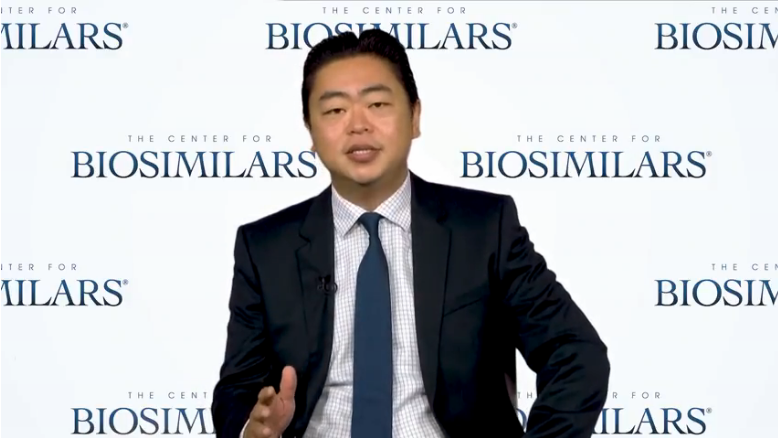Ha Kung Wong discusses how the FDA and Federal Trade Commission (FTC) might work together to address anticompetitive behavior in the biosimilars marketplace as part of a video series for the Center for Biosimilars.
Transcript:
In the Biosimilar Action Plan, the FDA suggested that it may work more closely with the Federal Trade Commission (FTC) on addressing anticompetitive behavior. What might that look like in the biosimilars space?
Similar to what we’ve seen in the small molecule drug context, the FDA and FTC are likely to try to address practices by innovators that may delay competition.
As an example, this may include potential misuse/abuse of Risk Evaluation and Mitigation Strategies (otherwise known as “REMS”), such as making it difficult for biosimilar manufacturers to obtain samples of innovator products for [research and development, R&D] purposes or denying access to shared REMS systems.
REMS was created to make sure that the benefits outweigh the risks of using any particular drug product, including ensuring safe conditions for administration of drug products. Since biologics, and thus biosimilars, frequently require injections or unique administration procedures with sensitive components requiring precise storage or precise application, REMS might be used to require additional safeguards, such physician confirmation and presence, before certain biosimilars are administered, which may ultimately limit access.
This could potentially be done without impacting the [Biologics License Application, BLA] product, as biosimilars are not considered exact copies, nor are they considered to be substitutable, unless they are an interchangeable.
Of course, proper application of REMS is incredibly important, but the indication that the FDA will work closer with the FTC for biosimilars might mean much greater scrutiny of REMS in the future.
Additionally, we are likely to see more scrutiny of settlement agreements that may impact biosimilar competition. Although the frequency of district court litigations and [inter partes review proceedings, IPRs] pertaining to biologics are in flux, it’s possible we see more and more potential settlements so as to achieve more certainty for various manufacturers, meaning a higher potential for FTC intervention.
So far, we have seen 1 antitrust lawsuit related to biosimilars brought by Pfizer against Johnson & Johnson. We could also see the FTC bringing antitrust suits against biologic drug manufacturers or insurers that it deems to have anticompetitive practices that are blocking biosimilar market entry.
So there may be a lot more oversight for biologics practices in the future from the FTC.



